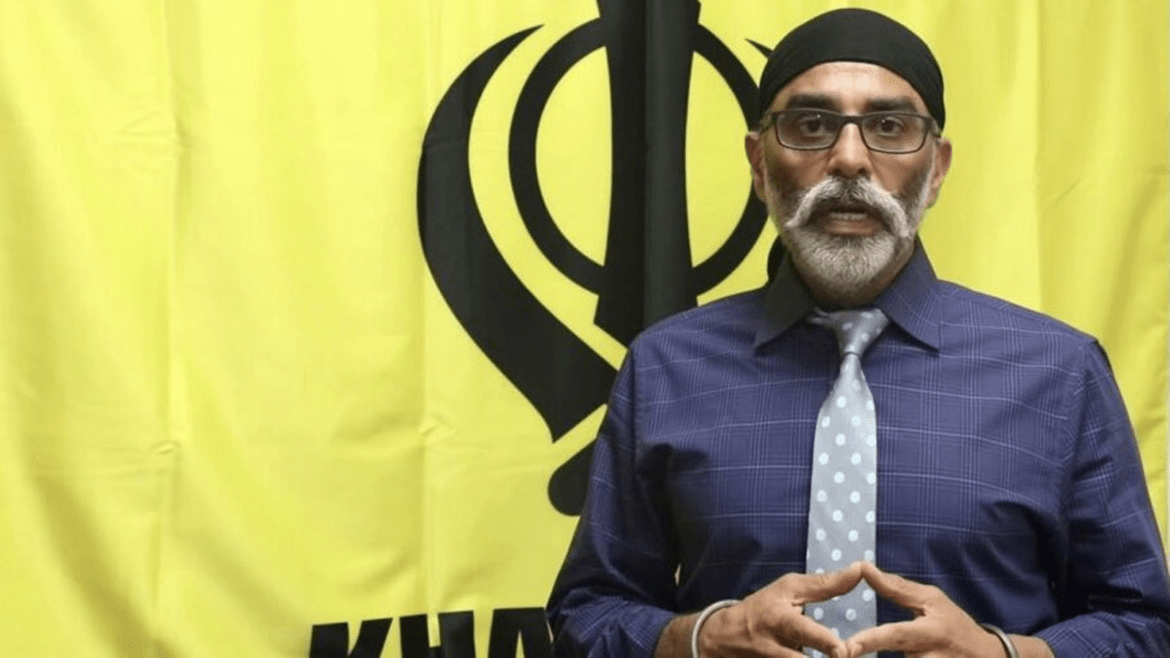AI Generated Summary
- As India remains steadfast in its efforts to ensure the safety and smooth conduct of the cricket match, it serves as a stark reminder of the global challenge posed by individuals like Pannun, who exploit the notion of free speech to propagate violence and sow discord.
- Pannun, flagged by India’s Home Ministry as a terrorist, has reportedly taken to social media platforms to propagate his malevolent intentions, including a disturbing appeal to the banned CPI (Maoist) group to join forces in sabotaging the match.
- The audacity with which he operates raises pertinent questions about the permissibility of such actions under the guise of ‘free speech’, particularly in Western nations where he is based.
Security measures have been bolstered in the heart of Jharkhand’s capital as fears rise over potential disruptions during the upcoming fourth Test match between India and England. The cause for concern stems from the menacing threats issued by Gurpatwant Singh Pannun, a US-based designated terrorist, who has openly vowed to sow chaos during the cricket event, according to officials.
Pannun, flagged by India’s Home Ministry as a terrorist, has reportedly taken to social media platforms to propagate his malevolent intentions, including a disturbing appeal to the banned CPI (Maoist) group to join forces in sabotaging the match. Such brazen incitements have prompted authorities to heighten vigilance and implement stringent security protocols to thwart any potential disturbances.
This is not the first instance of Pannun resorting to violent rhetoric. His track record is stained with instances of openly threatening violence and instigating unrest. The audacity with which he operates raises pertinent questions about the permissibility of such actions under the guise of ‘free speech’, particularly in Western nations where he is based.
In the context of Pannun’s threats, it’s crucial to reflect on how Western societies handle such extremist elements. Would these nations tolerate similar provocations if the threats were directed towards their own security? The words of former US Secretary of State Hillary Clinton come to mind, as she famously cautioned against harboring terrorists, likening them to “keeping snakes in the backyard.” The analogy underscores the inherent risks posed by allowing extremist voices to operate unchecked within one’s borders, highlighting the imperative of safeguarding domestic security interests.
As India remains steadfast in its efforts to ensure the safety and smooth conduct of the cricket match, it serves as a stark reminder of the global challenge posed by individuals like Pannun, who exploit the notion of free speech to propagate violence and sow discord. In the face of such threats, concerted international cooperation and a unified stance against terrorism are imperative to uphold peace and stability worldwide.




